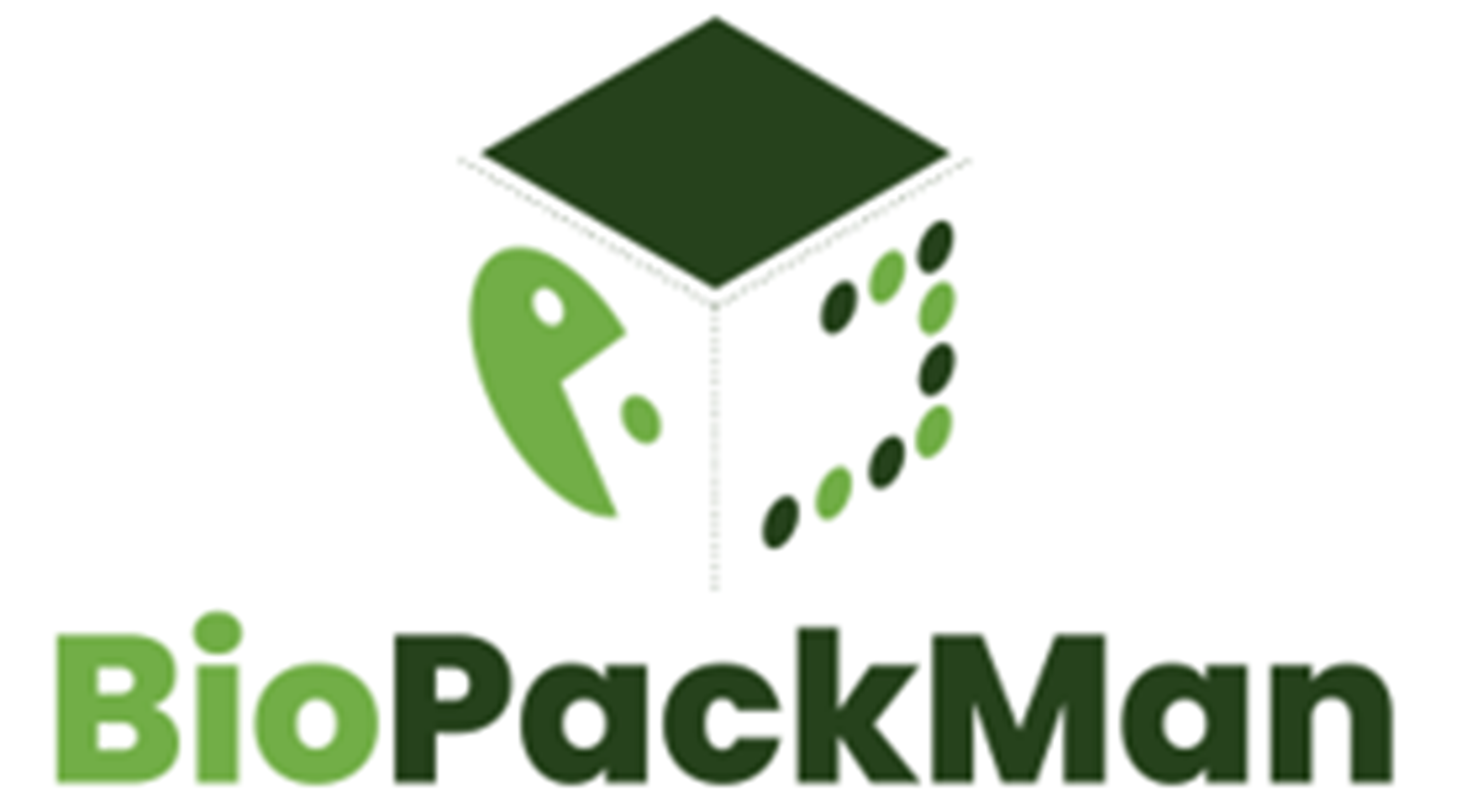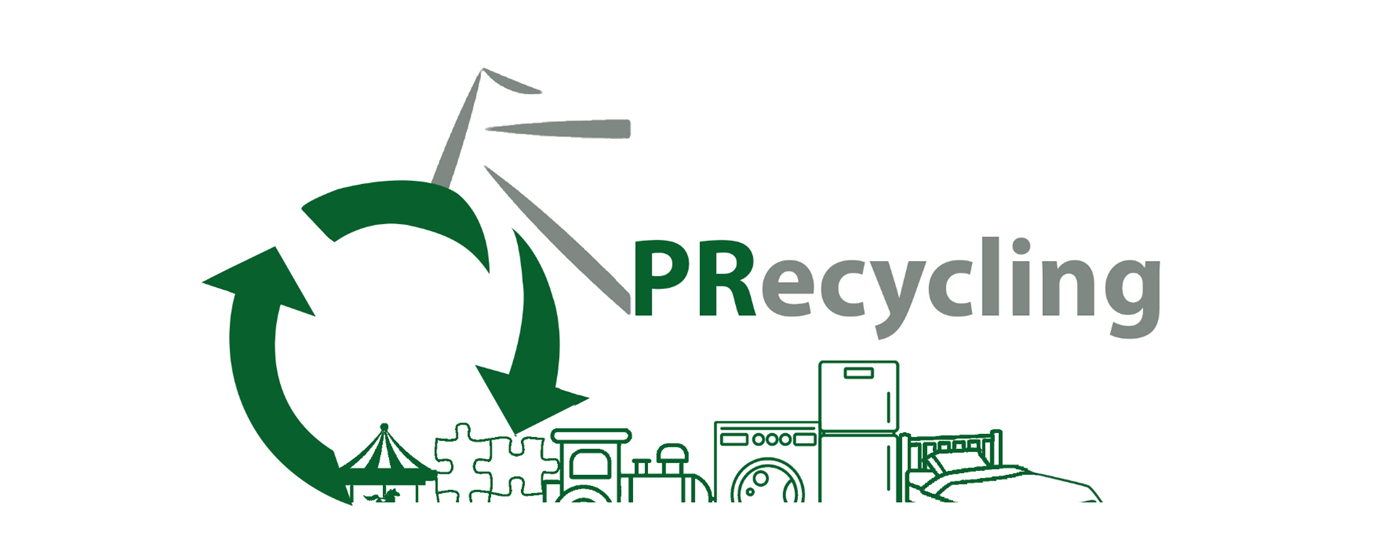About us
The PolymeReEng group, headed by Dr. Stamatina Vouyiouka, belongs to the School of Chemical Engineering at the National Technical University of Athens (NTUA). The PolymeReEng group is part of the Laboratory of Polymer Technology (LPT) which is historically the first Polymer Laboratory established in our country. Still, LPT is one of the largest Polymer Units in Greece in terms of enrolments and infrastructure, supporting teaching and research activities on polymerization processes, polymer modification and processing.
PolymeReEng is active in sustainable Polymer Reaction Engineering. In particular, we explore environmentally-friendly polymerization routes, such as solid state polymerization. SSP is a bulk polymerization technique for polyamides and polyesters including biobased and biodegradable polymers, used to increase polymer molecular weight without the risk of thermal degradation. Enzymatic polymerization is also a sustainable alternative towards the synthesis of biobased polyesters taking advantage of the enzymes catalytic performance under mild conditions.
PolymeReEng works also on different aspects of encapsulation processes, starting with in situ polymerization routes, such as interfacial polymerization for polyamide microcapsules and emulsion polymerization for poly(urea formaldehyde) microcapsules. On the other hand, solvent-based techniques from preformed PLA materials, such as emulsification-solvent evaporation approach, are combined with solid state polymerization (SSP) used as a post-encapsulation tool to modulate the properties (molecular weight, crystallinity) of the polymeric shell in micro/nanocapsules.
Regarding the sustainable management of polymeric materials, we work on materials eco-design, since we address issues regarding structure-properties relationships for biobased/biodegradable polymers such as PLA, PBS, including stabilization and durability. We investigate a new category of recyclable and functional polymers, the vitrimers, that bridge the gap between thermosets and thermoplastics. We study the use of environmentally-friendly (green) additives such as halogen-free flame retardants and natural antioxidants derived from agro-food waste. In terms of recycling processes, we aim to develop appropriate upcycling routes depending on the extent of degradation of polymeric waste. Restabilization, chain extension and SSP processes are being evaluated for a number of polymers (eg PP, PBS, PLA) as approaches to safeguard against further degradation or even restore recyclate performance aiming at value-added new recycled products.





